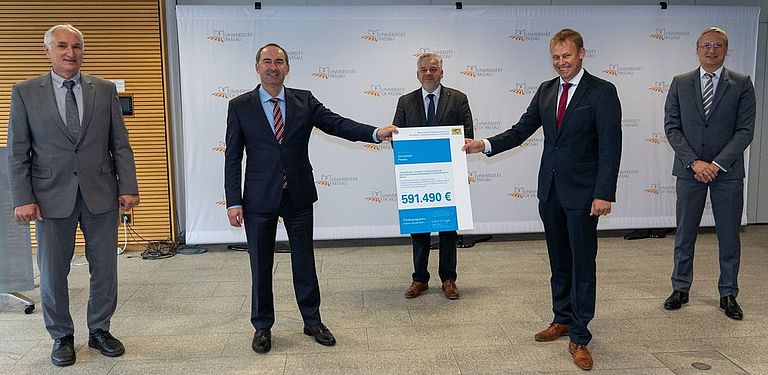Symbolic picture: Colourbox.
As part of the "ReiseZukunft" project, a representative online survey was conducted across Germany. 1,090 respondents were interviewed about their experience in tourism, especially with regard to their acceptance of and their level of satisfaction with AI. Artificial intelligence in travel marketing currently takes the form of chatbots and enables the (semi-)automated creation of offers. The purpose of the survey was to make sense of traveller attitudes and experiences and to draw relevant conclusions for AI applications in travel marketing. Its results clearly show that human-to-human contact in customer service is preferred, although transparent and controlled collaboration between humans and machines may prove to be beneficial in the future.
What do customers think of AI? Do customers notice when AI is used?
The survey finds that 44.6 percent of the respondents are rather positive about the use of AI. Roughly one third take a neutral view. The level of acceptance is higher among younger generations. Over half of the respondents had not knowingly come into contact with AI in tourism or were unsure whether they had interacted with AI before. It therefore follows that many of the respondents do not have a good understanding of what AI is and are unsure when they are interacting with AI. Nearly half of them agree with the statement that they want to be told when they are interacting with AI. They do not believe that AI can replace human expertise and so continue to prefer having a human agent assist them when they have questions about products, services and offerings.
Research project 'ReiseZukunft': 'The right project at the right time – a signal for Bavaria's travel sector to look ahead'
In the research project "ReiseZukunft", new competitive ideas and recommended actions are being developed to help travel agencies and tour operators in Bavaria to be well prepared for the future. 'The right project at the right time - a signal for Bavaria's travel sector to look ahead', said Bavaria's Minister of Economic Affairs, Hubert Aiwanger when handing over the official funding statement.
How do the respondents rate their encounter with AI?
It is evident from the "ReiseZukunft" study that most respondents who had knowingly come into contact with AI were happy with the AI services they were provided. Any grievances they had were primarily due to the inadequate replies the AI system gave. Some also felt uneasy because of the lack of price transparency: "Often, prices are suddenly much higher and availability is down – that's not okay.“
Specifically when it comes to communicating with the accommodation (48.6%), with tour operators (36.7%) and the travel agency (31.8%), the respondents would rather engage with a human being. 64.9 percent did not change their opinion after coming into contact with AI. 13.6 percent are now more positive about AI after their exposure, whereas 5.7 percent are more negative.
Among most respondents, the idea of AI sparks a sense of unease (32.4%), distrust (27.8%) and curiosity (27.3%). But there were differences in the various age groups. Curiosity was higher in the younger generation (18-39 years), whereas interest was greater among the 40- to 69-year-olds. Conversely, distrust, fear of losing control and a sense of unease were much stronger in the older generation.
What needs to be ensured to make the use of AI more trustworthy?
The respondents would find AI more trustworthy if they could decide for themselves when to use AI and when not to. Furthermore, customers would find AI more trustworthy if laws and regulations were amended to make AI safer and transparent data protection policies were adopted. Once these factors have been addressed, AI will emerge as the wonderful opportunity that it presents for travel agencies in marketing and customer communication.





